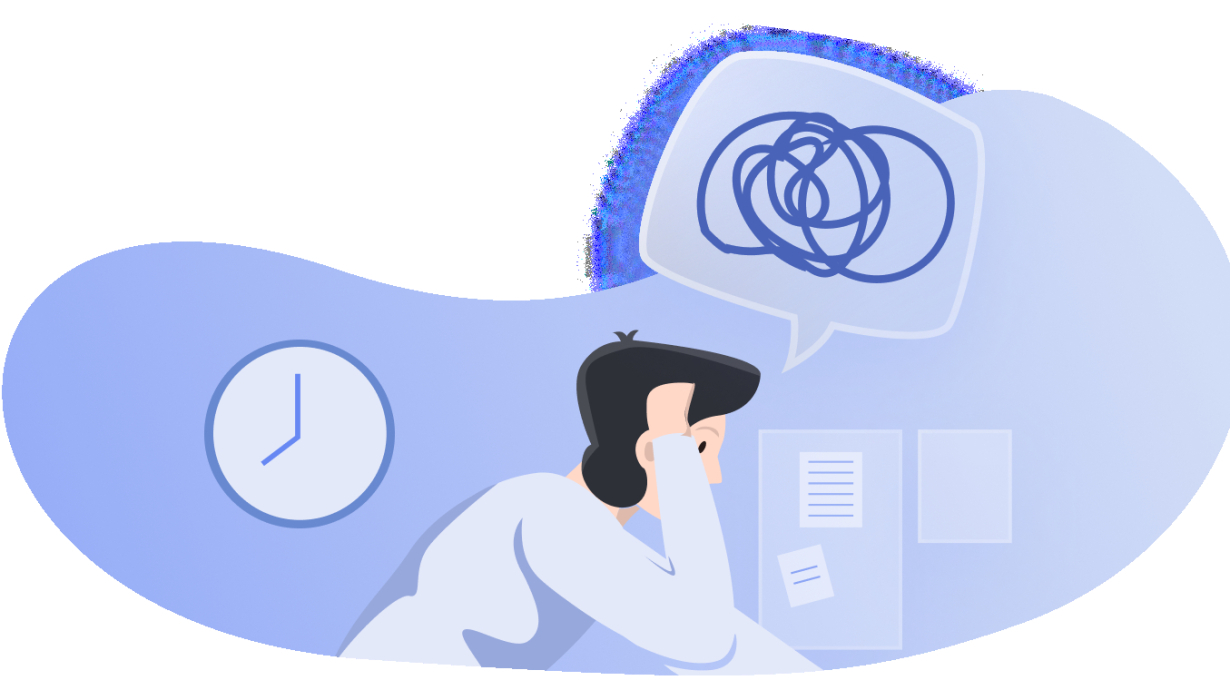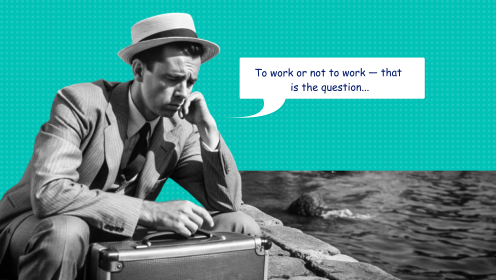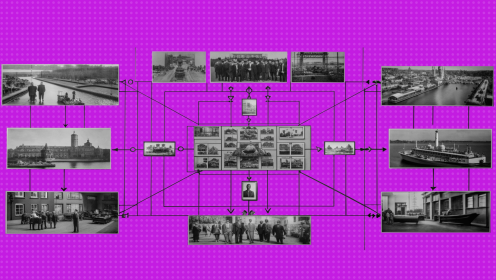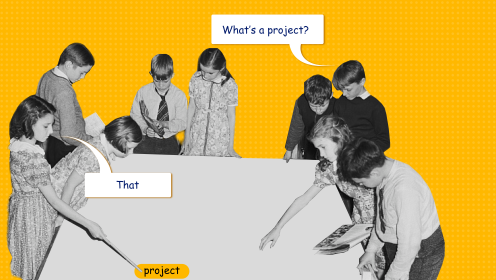The state when at one moment you are full of energy, and at another you don't want anything is a bright sign of emotional burnout. It negatively affects productivity and life in general, but its consequences are even worse — the psyche may suffer, depression will develop. Burnout is also called "chronic fatigue", because in this state it is trite to get out of bed or sofa and do anything at all. You become so detached that you don't even want to do things that used to bring pleasure and energize.
I already told you once that I was blogging and gained 40 thousand subscribers. I thought about him constantly, even before going to bed — I was in a state of anxiety, and periodically had nervous breakdowns. Considering that the blog was my hobby (and I still had a job), I couldn't stand the load and stress, burned out and abandoned it after a year.
I made a grave mistake — I was mired in stress, drowning out negative emotions and ignoring my subconscious, which was anxious. In the end, negative emotions hit me like an avalanche, sweeping away everything in its path.
How to overcome burnout
So, burnout is a consequence of overwork and physical and moral exhaustion. Roughly speaking, we burn out under the influence of constant stress. Therefore, the main way to overcome burnout is to reduce stress levels. Here are 6 tips that will help with this.
Get enough sleep
Sleeping less than 7 hours worsens cognitive abilities — you get tired, think worse and remember, your head seems to be covered with fog. All this leads to stress. To reduce its level, improve the quality of sleep: wake up and go to bed at the same time (it is better to fall asleep no later than 11 pm), sleep without light and sit less in gadgets before going to bed.
Keep a diary of emotions
Not everyone can notice a high level of stress in time (or notices, but pretends that everything is fine). For example, my colleague says that he feels stress only when it is at its peak. And I react to stress more sensitively as soon as I feel the slightest feeling of anxiety in my stomach.
Most are not used to sorting out their feelings. It seems that it is easier to throw emotions into the back drawer than to live. But if you drown out emotions, they will still come out later, only it won't seem enough anymore. But if emotions are lived, they come to an end and do not have a destructive effect on you in the future.
I advise you to keep a diary of reflections and write down your feelings and thoughts there. It will help to live negative emotions, analyze them and find the source. If possible, try therapy with a psychologist again. It's easier to understand emotions this way.
Do sports
Physical activity relaxes and reduces stress levels in the body. Studies have shown that during sports, galanine is released — a neuropeptide that affects a person's mood and reduces stress levels in the body. If you noticed that after training you feel your mood rises and self—esteem improves - galanin is worth thanking for this.
If training is difficult, replace public transport or a car with hiking.
Meditate
Another way to relieve stress and tension is to relax and try not to think about anything. Meditation helps in this — you focus on breathing and turn off the thought processes in the brain. At first it will be difficult — thoughts will subside for a couple of seconds, but with training it will be possible to keep silence longer.
Meditation is not difficult and will take 10 minutes a day. Choose a quiet place and turn on random meditation on YouTube — this will reduce cortisol levels and energize. Or even easier — sit down and take quick deep breaths and slow exhalations for a couple of minutes, fully focusing on breathing.
Arrange a digital detox
Gadgets affect the emotional state. Checking social networks and notifications, the desire to gain more likes and stand out in Instagram with new photos — all this develops stress and anxiety. And evening gatherings on the phone interfere with normal sleep (serials before going to bed increase the heart rate, and the blue screen interferes with the production of melatonin— the sleep hormone). So that gadgets do not harm the psyche, arrange a vacation without them.
Create a schedule
Stress is also provoked by overwork, routine tasks and senseless nervous situations. To cope with this, create a schedule and focus on tasks that already require attention, instead of taking on new projects and tasks. Treat yourself more carefully, otherwise you will quickly use up your resources in pursuit of recycling. I also advise you to block the time in the calendar for certain types of tasks in order to switch between them less often.
The main thing is to observe the work-life balance. Do not go headlong into work, forgetting about your personal life and hobbies. When every sphere of life is adjusted, you feel peace and happiness. And if something is missing somewhere, everything suffers.


















